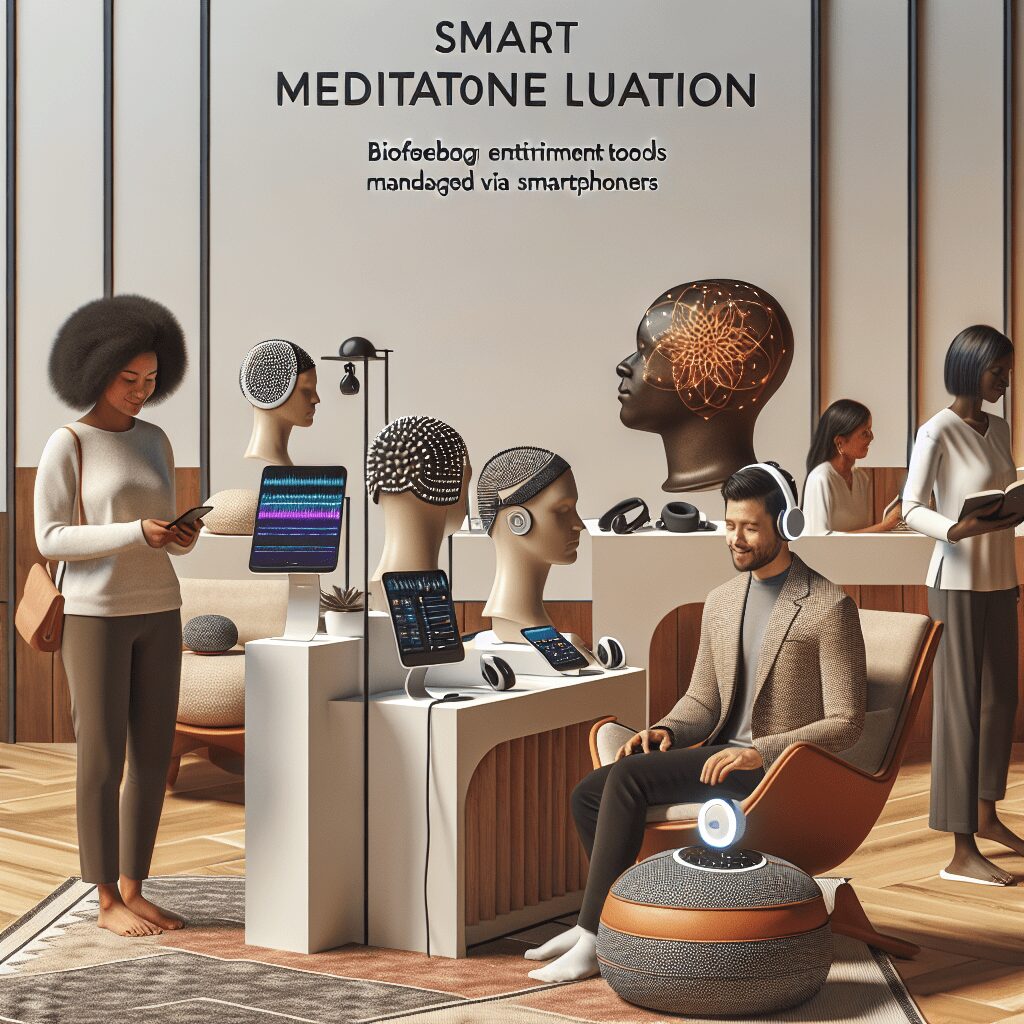
Prioritize your mental well-being daily. Enhance your life by nurturing your mental health with the Smart Meditation app. Break free from stress, alleviate anxiety, and enhance your sleep quality starting today.
How To Decide Whether To Take Anxiety Medication?
Embarking on the Journey to Calm: Unveiling Anxiety Medication Choices
Living with anxiety is akin to riding a never-ending roller coaster. One moment, you’re at the peak, feeling somewhat okay, and the next, you’re plummeting into an overwhelming abyss of worries and what-ifs. Sounds familiar? If you’ve been battling this invisible adversary, you might have pondered the potential of medication as a weapon of choice. But, as they say, it’s not a one-size-fits-all scenario. Let’s navigate the intricate decision of whether to embrace anxiety medication, shall we?
Weighing the Scales: Pros and Cons
First off, it’s crucial to understand that considering medication doesn’t mean you’re weak or incapable of handling your emotions. On the contrary, it’s a brave step towards gaining control over your life. But, as with any significant choice, there’s a need to balance the scales.
On the Upside
- Quick Relief: Anxiety medications, especially those belonging to the benzodiazepine family, can provide rapid relief from acute anxiety symptoms. They’re like that one friend who shows up in the nick of time when you need them the most.
- Improved Quality of Life: For those grappling with severe anxiety, medication can be a game-changer. It can restore your ability to enjoy life, engage in social activities, and focus on work without the incessant background noise of anxiety.
- Complementary to Therapy: Medication can serve as an effective sidekick to psychotherapy. It might just give you that needed edge to engage more fully in cognitive behavioral therapy (CBT) or other therapeutic modalities.
On the Flip Side
- Potential Side Effects: Ah, the notorious side-effects. From drowsiness to nausea, every medication has its baggage. It’s like attending a party but there’s a catch—you might have to deal with a few uninvited guests.
- Dependency Dilemmas: Certain anxiety meds, particularly the fast-acting ones, can lead to physical or psychological dependency. It’s like walking a tightrope; you need to maintain the balance to not become too reliant.
- Not a Cure-All: Medication can alleviate symptoms, but it often doesn’t address the underlying causes of anxiety. It’s akin to putting a band-aid on a wound—it helps, but the healing process requires more than just that.
The Roadmap to Decision
So, you’re mulling over the meds, huh? Here’s how to steer through this terrain without getting lost in the woods:
- Seek Professional Wisdom: This isn’t a journey to embark on solo. Consult with a healthcare provider or psychiatrist. Their knowledge and expertise are your compass in this dense forest of options.
- Self-reflection is Key: Dive deep into your own experiences and needs. Are you looking for a temporary bridge to cope with acute episodes, or is long-term management the goal?
- Informed Choices Rock: Arm yourself with information. Know the potential side effects, understand the risk of dependency, and get to grips with how different medications work. It’s like doing your homework before the big test—preparation is everything.
- Considering Therapy: Remember, medication isn’t the lone ranger. Psychotherapy, lifestyle changes, and self-care practices also hold immense value in confronting anxiety. It’s the team effort that often brings home the win.
Deciding whether to take anxiety medication is a personal voyage—there’s no universal map. But by weighing the benefits and drawbacks, seeking professional guidance, and listening to your own needs and concerns, you can make a choice that’s right for you. After all, the ultimate goal is not just to navigate through the tempest of anxiety but to find your port in the storm.





